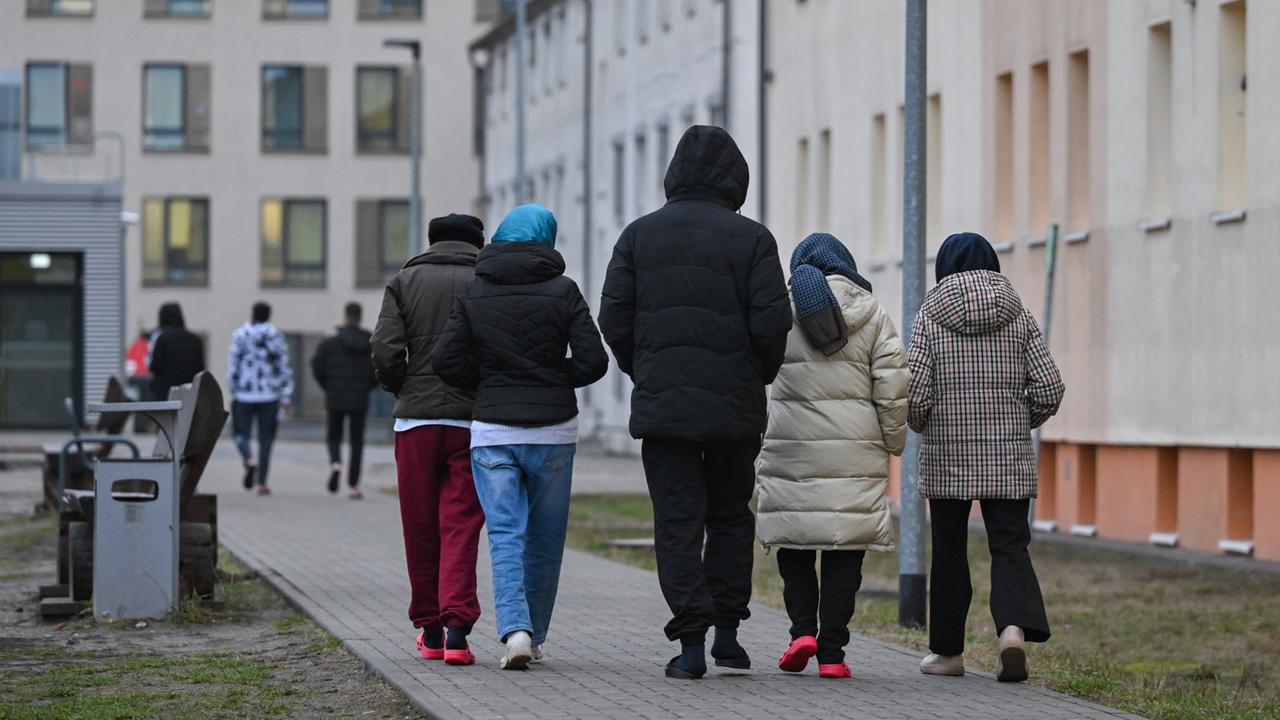According to the federal government, there are more than 15,000 people in Germany who have already been transferred to another EU country for their asylum procedure. However, only a third of these returnees are required to leave the country.
More than 15,000 foreigners who had already been transferred to another EU member state were staying in Germany in the fall. This emerges from a response from the federal government to a request from the Die Linke group, which is available to the dpa news agency.
More than 4,000 of these foreign citizens reappeared in Germany in 2023 and 2024. According to the information, the time of return to Germany for the others was some time ago.
More than 3,300 people returned to Germany from Italy. A return from Poland was recorded in 2,192 cases.
Only about one in three is obliged to leave the country
Of the 15,608 people who were brought from Germany to another European country in the past, 5,131 were required to leave the country as of October 31st. The largest group of those returning after rendition were Russians, followed by Afghans and Iraqis.
As the federal government further explains, at the end of October 1,747 foreigners who had already been sent to another country in the European Union had a toleration status – for example because of a follow-up application for asylum, a lack of travel documents or for other reasons.
There are “just under 6,000 refugees living in Germany who should be deported to another EU country to be examined for asylum,” said left-wing MP Clara Bünger. “This puts the sometimes hysterical asylum debate of recent times into perspective quite considerably.”
Repatriation to Greece unreasonable
In the first ten months of 2024, at least 21,110 people in Germany applied for asylum who had already been granted protection status in Greece.
The Gelsenkirchen administrative court ruled last August that it was unreasonable for refugees to return there. Given “significant bureaucratic hurdles and a lack of state support,” it can be assumed that those entitled to protection in Greece will not be able to “find secure accommodation and secure their livelihood through legal employment or state support.”




